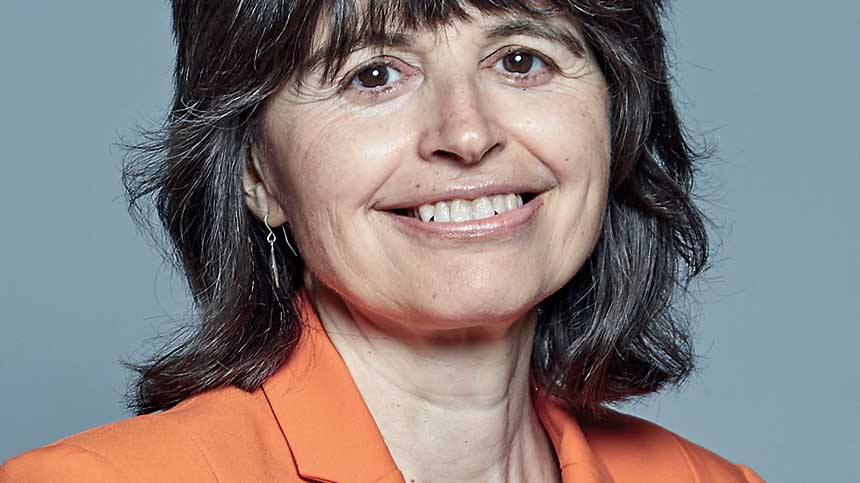EV inquiry chair ‘dismayed’ by ICE ban

The chair of the House of Lords Committee conducting an inquiry into the transition to electric vehicles has criticised the government’s decision to delay the ban of the sale of new petrol and diesel cars until 2035.
Prime Minister Rishi Sunak said the ban would be delayed from 2030 to 2035.
But Baroness Parminter, Chair of the House of Lords Environment and Climate Change Committee, said: “I am dismayed by the announcement and will be writing to the Prime Minister, on behalf of the committee, outlining our concerns and seeking clarification on his roadmap to net zero.
“The overwhelming evidence we have received so far in our current Electric Vehicles (EVs) inquiry is that both industry and the public need policy certainty, consistency, and clear leadership on the journey to net zero. We had that same message from stakeholders consistently in our previous inquiries into the Boiler Upgrade Scheme and into behaviour change needed to meet carbon reduction goals.
“The target to end the sale of petrol and diesel cars by 2030 was welcomed by all the industry we took evidence from. It is they who are crucial in providing the low-carbon products and services we need to get to net zero.
“Given a third of all emission reductions required by 2035 need to come from individuals and households adopting new technologies, choosing low-carbon products or services and reducing carbon-intensive consumption it is hard to see how our legally-binding carbon targets will now be met.
“The Prime Minister’s change of direction and delaying targets for EVs and heat pumps mean that the Government will not provide the leadership, certainty or consistency needed. He has chosen to kick the can down the road, rather than pick it up and put it in the recycling bin.
“We welcome the incentive to encourage people to buy heat pumps by increasing the size of the Boiler Upgrade Scheme. We need incentives in other policy areas like EVs, so our inquiry into Electric Vehicles will continue and our recommendations will take stock both of these disappointing developments today and the need to address barriers to their uptake.”








